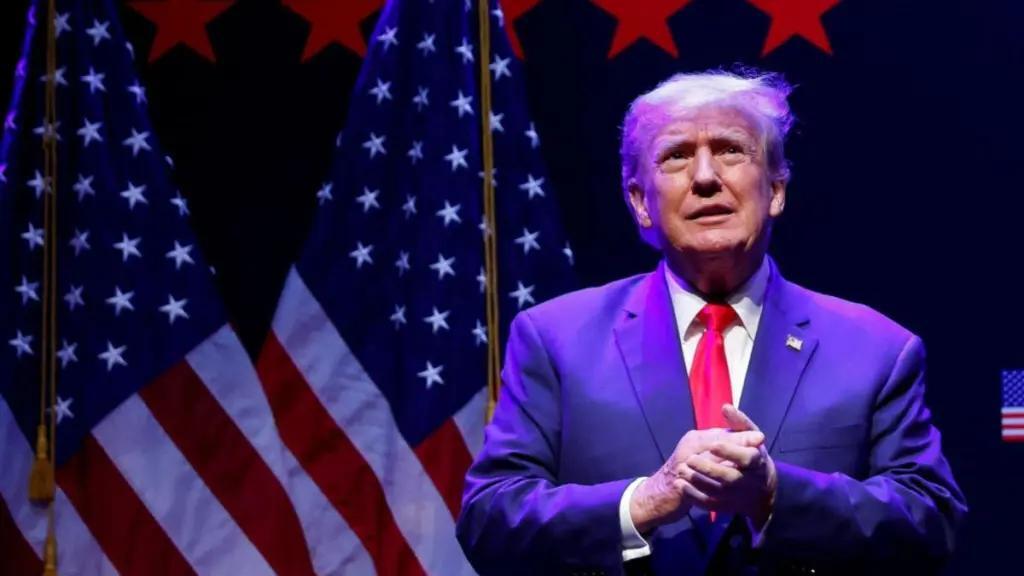
Donald Trump Exempts Smartphones & Computers from Reciprocal Tariffs
In a move that has sent shockwaves across the tech industry, United States President Donald Trump has excluded smartphones, computers, and other electronic items from the reciprocal tariffs imposed on Chinese goods. According to a Customs and Border Patrol notice, the exemption applies to a range of electronic goods, including smartphones, computers, and other electronics, effective from September 1.
This decision comes amid growing concerns by tech giants, including Apple, that the tariffs imposed by Trump may lead to a significant increase in the prices of gadgets. Many of these devices are manufactured in China, and the tariffs imposed by Trump could result in higher costs for consumers.
The tariffs, which were imposed in response to China’s trade practices, have been a major point of contention between the two countries. China has retaliated by imposing its own tariffs on US goods, including soybeans, beef, and pork. The trade war has had far-reaching consequences, with many industries, including agriculture and manufacturing, feeling the pinch.
The exemption for electronic goods is seen as a significant development in the ongoing trade war between the US and China. It is likely that the exemption was granted due to pressure from tech companies, which have long been concerned about the impact of tariffs on their businesses.
The exemption applies to a range of electronic goods, including smartphones, computers, and other electronics. This means that devices such as iPhones, iPads, and laptops will not be subject to the tariffs imposed on Chinese goods. However, other goods, such as televisions and gaming consoles, may still be subject to tariffs.
The move has been welcomed by tech companies, including Apple, which has been vocal about the impact of tariffs on its business. In a statement, Apple said that it was “pleased” with the decision, and that it would help to “mitigate the impact of tariffs on our customers.”
However, not everyone is pleased with the decision. Some critics argue that the exemption is unfair, and that it will only benefit a handful of large tech companies. They argue that smaller companies, which may not have the same level of resources and influence, will struggle to cope with the tariffs imposed on other goods.
The decision also has implications for consumers, who may see prices for electronic goods remain stable. However, it is unclear whether the exemption will have a broader impact on the economy, or whether it will simply be a temporary reprieve.
In a statement, the US Trade Representative Robert Lighthizer said that the decision was made to “mitigate the impact of tariffs on American consumers.” He added that the exemption was part of a broader effort to “promote American manufacturing and innovation.”
The move is seen as a significant development in the ongoing trade war between the US and China. It is likely that the exemption will be closely watched, and that it may have implications for the broader economy.
In conclusion, the exemption of smartphones, computers, and other electronic items from the reciprocal tariffs imposed on Chinese goods is a significant development in the ongoing trade war between the US and China. While it has been welcomed by tech companies, it has also raised concerns about the impact on smaller companies and consumers. As the trade war continues to unfold, it will be interesting to see how this decision plays out, and what implications it may have for the broader economy.






